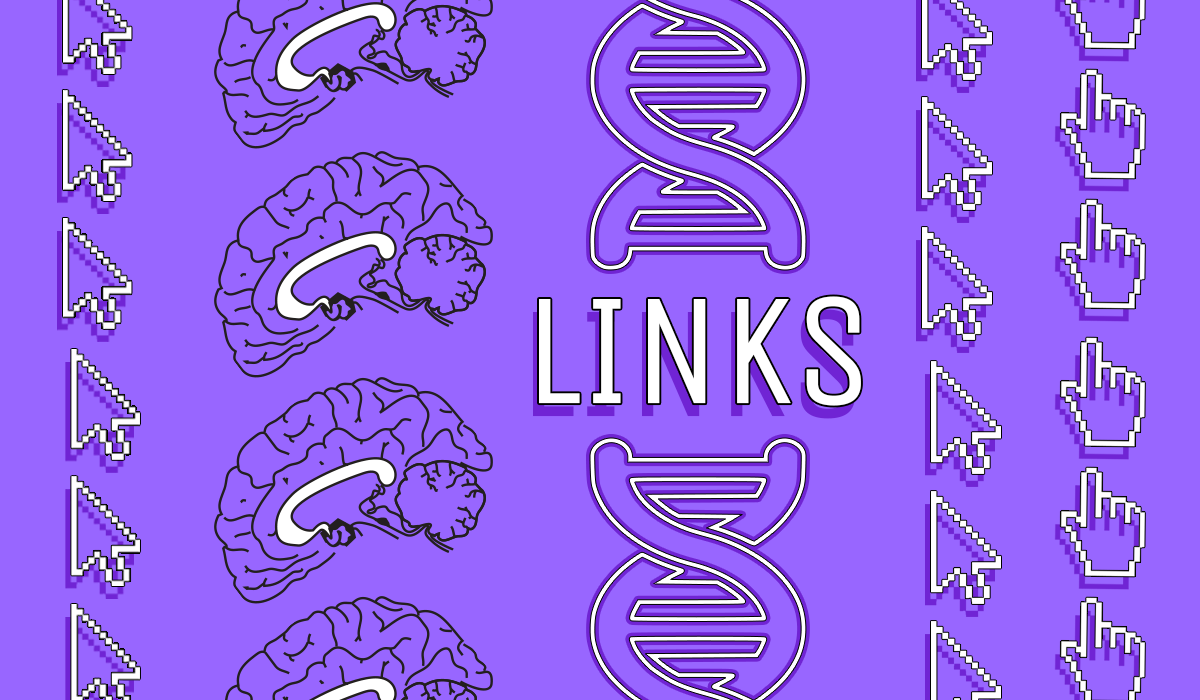LINKS - March 22nd, 2023
Welcome to LINKS — my attempt to provide Rhapsody readers with five interesting stories that tell us something about what it means to be human. LINKS is published every Wednesday. Have a link you want to share? Drop it in the comments.
How Vinyl Chloride Can Negatively Impact the Environment
By Mac Stone, Discover Magazine
“The train in East Palestine derailed on Feb. 3, 2023. Five days after the spill, over 3,500 fish in local waters had died. While vinyl chloride has since dissipated from the waters, it was the likely culprit for what killed the fish.”
“It’s also possible that vinyl chloride seeped into soil around East Palestine, which has the potential to poison wells in the area. While state and national officials have stressed that water is safe to use, it’s ultimately unclear what impacts the East Palestine train derailment may have down the line.”
Abel Prize Goes to Mathematician Who Studied Equations That Describe Nature
By Kenneth Chang, The New York Times
“These questions are not simple to answer. The behavior of these and many other phenomena in the world around us — including the gyrations of financial markets, the turbulence of river rapids and the spread of infectious diseases — can be described mathematically, using what are known as partial differential equations. The equations can often be written down simply, but finding exact solutions is devilishly difficult and indeed usually impossible.
“Yet, Dr. Caffarelli, 74, was able to make major progress in the understanding of partial differential equations even when complete solutions remain elusive. For those achievements, he is this year’s winner of the Abel Prize — his field’s equivalent of the Nobel.”
Lost History of the Sheep Islands
“However, a growing body of evidence grounded in environmental archaeology has shown that people did make landfall in the Faroes well before the ninth-century A.D. Viking landnám. The most robust evidence, recently discovered in lake sediment cores by a team of researchers led by paleoclimatologists Lorelei Curtin of Bucknell University and Columbia University’s William J. D’Andrea, has shown that sheep left unmistakable hoofprints in the islands’ history centuries before Vikings arrived. ‘When you go the Faroes, you’re struck by this expansive landscape filled with cliffs and green rolling hills that seems untouched,’ says Curtin. ‘But if you look closer, every single hill has a sheep trail on it. Sheep are grazing everywhere. They eat all the plants that grow higher than the knee that aren’t fenced in. The landscape has been transformed by sheep as much as by people, maybe more so.’ Unraveling the impact sheep have made over time on the Faroes’ landscape, then, could be the key to understanding the history of the islands’ mysterious first settlers.”
The Unpredictable Abilities Emerging From Large AI Models
By Stephen Ornes, Quanta Magazine
“Recent investigations like the one Dyer worked on have revealed that LLMs can produce hundreds of “emergent” abilities — tasks that big models can complete that smaller models can’t, many of which seem to have little to do with analyzing text. They range from multiplication to generating executable computer code to, apparently, decoding movies based on emojis. New analyses suggest that for some tasks and some models, there’s a threshold of complexity beyond which the functionality of the model skyrockets. (They also suggest a dark flip side: As they increase in complexity, some models reveal new biases and inaccuracies in their responses.)”
Deadly Fungi Are the Newest Emerging Microbe Threat All Over the World
By Maryn McKenna, Scientific American
“The dangerous fungus Candida auris is spreading rapidly in hospitals and other health care facilities, the Centers for Disease Control and Prevention warned on Monday. Our June 2021 feature story, republished here, explains why C. auris can be so lethal and who is most at risk. It also describes why this pathogen and other deadly fungi are spreading throughout the world.”




